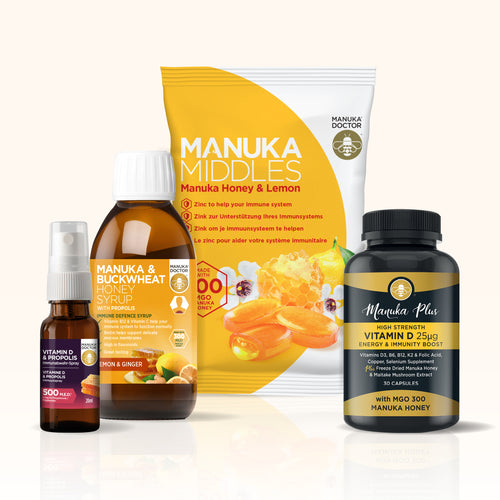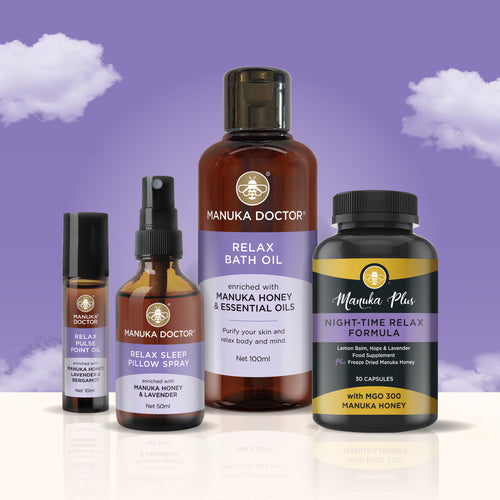When Stevie Wonder first sang about washing your face and hands in 1972’s classic song “Superstition” he could have no idea of its relevance in 2021.
For as we start our recovery from the Covid 19 pandemic many people have indeed become superstitious about the routines which have kept them safe over the past 18 months – and with good reason too.
You see, it is human nature to stay in routines and patterns.
Some of the routines we have made felt very alien at first but we have got used to. Social distancing and mask wearing now feel quite normal for example.
While human contact, hugs and group gatherings have been missed by many. Something which we have become wary of doing to keep ourselves and others safe.
But while the country starts to open up, one routine which we must all remember to keep doing is to wash our hands.
It would be easy to dismiss rigid handwashing as just another pandemic safeguard that might be relaxed, but I can assure you this really isn’t the case.
That’s because vaccination alone does not give 100% protection from the Covid virus, and the protection may wane unless we have boosters in the future.
Our hands can transmit all sorts of germs, not just coronavirus, so hand sanitising and hand washing is a good habit to practice forever. Why stop now?
This summer especially, when more attractions are open, people are mixing outdoors, and domestic holidays are beginning again. You must remember to wash your hands (properly with soap and water) and if you can, take a small bottle of hand sanitiser with you.
What many people forget is to re-apply sanitiser. As it doesn’t last all day. How many times would depend on what you’re doing. But certainly be mindful that one sanitising per day is not enough.
Try and look for a product that has anti-bacterial and anti-viral benefits, as this means it will have been lab tested to kill up to 99.9 per cent of bacteria. Normally this will be written on the packaging for you to easily see.
I am not saying people should be scared, superstitious, or frightened about catching things from touch. But I am saying be careful. And the more prepared we are, the better we will all be for it.
Hand Washing & Hygiene Tips
Hand washing should be carried out as often as possible and especially if:
- your hands are visibly dirty
- preparing food
- eating food and drinking
- touching your eyes, nose or mouth
- treating a cut or a wound
- caring for someone who is unwell
Hand washing should also be carried out after:
- using the toilet; changing a nappy or cleaning up bodily fluids
- spending time in public areas where you may have touched frequently used items such as door handles, shopping baskets, handrails or using public transport
- blowing your nose, sneezing or coughing
- adjusting or removing a face covering
- touching food or raw meat
- touching household waste/rubbish
- touching an animal, pet food or treats or animal waste
- caring for an unwell person including handling their personal items
How to wash your hands
Using Manuka Doctor’s Antibacterial Hand Wash with Manuka Honey, follow the below steps to thoroughly wash your hands for the amount of time it takes to sing "Happy Birthday" twice (around 20 seconds). Following the correct handwashing process causes friction which helps to lift dirt, grease and microbes (germs) from your skin and rinses them away. It is important not to neglect areas under the nails where a high concentrations of germs can gather.
- Wet your hands with water.
- Apply enough Antibacterial Hand Wash to cover both hands.
- Rub your hands together.
- Use 1 hand to rub the back of the other hand and clean in between the fingers. Do the same with the other hand.
- Rub your hands together and clean in between your fingers.
- Rub the back of your fingers against your palms.
- Rub your thumb using your other hand. Do the same with the other thumb.
- Rub the tips of your fingers on the palm of your other hand. Do the same with other hand.
- Rinse your hands with water.
- Dry your hands completely with a disposable towel.
- Use the disposable towel to turn off the tap.
If you do not have immediate access to hand wash and water then make sure you have an alcohol-based hand sanitiser with you. The Manuka Doctor Hand Sanitiser with Manuka Honey contains 70% alcohol and has been proven to kill 99.99% of bacteria. The light-weight formula, is quick drying and highly moisturising, a welcome relief for dry, chapped hands.
How to apply hand sanitiser
Apply hand sanitiser in this order:
- Apply a palmful of Manuka Doctor Hand Sanitiser into a cupped hand, covering all surfaces of your hands.
- Rub your hands together, palm to palm.
- Rub your right palm over the back of your left hand with interlaced fingers; and then repeat with the other hand.
- Rub your hands palm to palm, with interlaced fingers.
- Rub the backs of your fingers on the opposite palm, interlocking the fingers.
- Clasp your right palm and fingers around your left thumb and rub rotationally around the thumb; repeat with the opposite hand.
- Rub fingertips of your right hand backwards and forwards over your left palm; repeat with the other hand.
- Once your hands feel dry, they are safe.
Until next time. Dr Hilary




